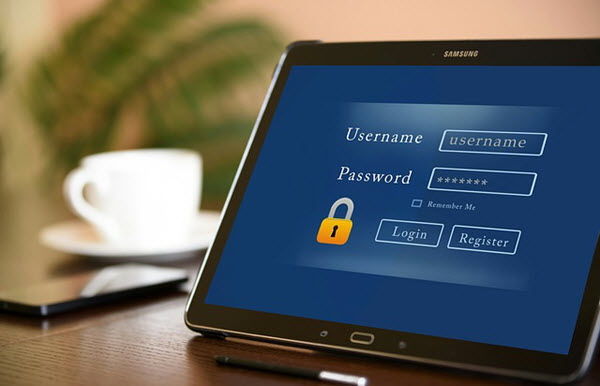The most recent world pandemic has led to the closure of many businesses. Consequently, many professionals have started working from home. And this has become a norm in the IT industry. Even big companies like Google and Facebook have allowed their employees to work from home.
Working from home is flexible and saves you time and hassles on commuting to and from office.
However, cybersecurity can be a key issue as your domestic PC or laptop is not that “supported” by the IT team. Therefore, cybersecurity is your responsibility. A slight incident like hacking or malware can ruin your sensitive data.
To make working from home secure, here are some important cybersecurity tips to follow.
Beware of Suspicious Emails
Data incidents commonly happen because people open emails from senders either outside their company or who’ve hacked their boss email account and pose as the genuine sender—but aren’t. This is known as phishing in which a threat actor tricks you into giving sensitive information with an email that looks genuine.
Therefore, you should be extremely careful as they can send you email posing as your boss or other company officials.
How to identify such emails?
The red flags that an email is fraudulent are bad grammar, a sense of urgency, strange requests, or unusual hyperlinks or unexpected files. For example, you might get an email from your boss asking for urgent cash transfer. If you get such emails, make sure to call and check with the senders.
Avoid Downloading Random Apps
If you are not able to find any application in a trusted app store like Google Play, Microsoft Store, or App Store, it might be available with a third party store or unverified vendor and can contain malware or viruses. Therefore, always consult your IT department before downloading an application from such vendors.
Use Strong Passwords

Do you use 1,2,3,4, ABCD, or your date of birth as your password or using the same password for multiple accounts?
These passwords are easier for a hacker to crack than they sound. Avoid using such passwords, especially for the database of your company. Make sure to use a combination of numbers, symbols, lower and upper case along with alphabets in your passwords. Also, change your passwords at least every six months.
To further improve the security of their database, companies can use two-step verification by making it mandatory to use fingerprints or OTP, along with the passwords, to access the system.
Configure Router Setting
Routers have default settings and passwords. Most people are not likely to change them.
To make the remote connections secure, it is important to ask employees to change their router password every week. This way, it minimizes the risk of unauthorized access to your network.
Some routers are not password-protected, meaning that they are not encrypted. If you have such routers, replace them with WPA2 or WPA3, to make sure that the flow of data is not vulnerable to cybercriminals.
Install Quality Antivirus
Antivirus is one of the crucial security tools you need while working from home. An efficient antivirus protects your company’s information against several risks. Think antivirus software as the security guard standing at your gate. It protects your computer from incoming threats and warns of possible threats to the systems. New viruses are released all the time and the antivirus software keeps up with the latest threats.
Make sure to update it when it notifies you for the same.
Avoid Using Free Wi-Fi
Free and public Wi-Fi found in coffee shops or hotels is not safe. Avoid them in the first place. However, if it is urgent, make sure to use a VPN or Virtual Private Network.
Separate Personal Profiles from Work Profiles
Not all companies provide their employees with phones, laptops, or devices, prompting them to use their personal computers to work from home.
It is important to create two profiles—one for personal purpose and the other for work-related. While this works for desktop and laptops, only some mobile devices come with such functionality.
So these are some key cybersecurity tips for the professionals working from home.
Keep in mind that cybersecurity becomes your topmost priority as you are away from the company’s sophisticated measures.
What do you think? Drop your thoughts below to the comment section.